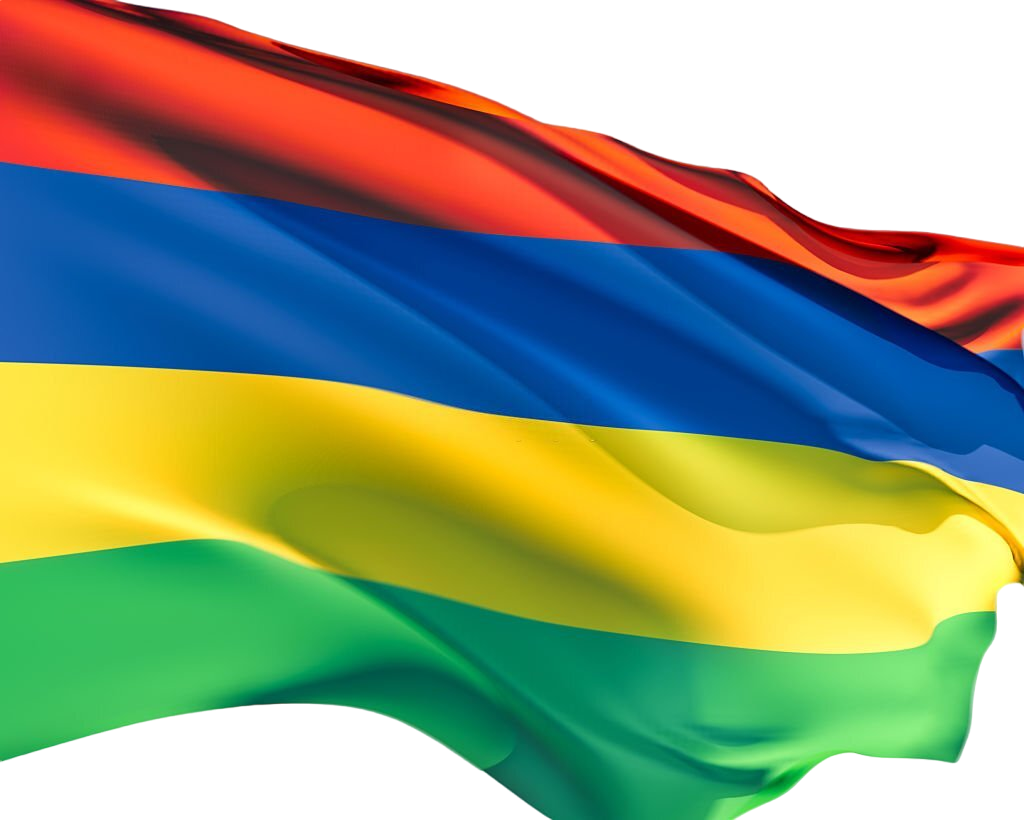Brief History of Mauritius
History of Mauritius
For centuries, the island has seen the successive settlement of the Dutch, the French, the English, the Africans, the Indians and the Chinese, and the Arabs and Portuguese who stopped over here long before the arrival of the Dutch. A beautiful heritage bequeathed to the Mauritian population.
DUTCH
COLONISATION
(1598-1710)
The first Dutch expedition was in 1598 whereby five Dutch ships sailed on the south-eastern shore of Mauritius at Grand Port by chance. They landed under the order of Admiral Van Warwyck and named the island Prins Maurits van Nassaueiland, and eventually Mauritius. The Dutch used Vieux Grand Port (also known as Port de Warwick) as their stopover for several months, but in 1606 used Port-Louis (the current capital) as their main harbor. The Dutch colonized the island from 1638 till 1710. One of the main reasons to colonise the island was to prevent the French and British supremacy in the region.
During the Dutch colonisation period, the island faced various devastating cyclones and droughts. The Dutch had to rely on the available food on the island, especially the famous Dodo bird which they ate for survival. Historical records suggest that the last Dodo was killed in 1681. They also exploited natural resources such as the ebony tree to build ships and planted sugar cane. For these purposes, they brought 105 Malagasy slaves to the island. Unfortunately, due to many discouraging factors including famine and diseases, the Dutch chose to abandon the island.
French
COLONISATION
(1715-1810)
After the departure of the Dutch, the French took over Mauritius in September 1715. It was Guillaume Dufresne D’Arsel who named the island as ‘Isle de France’. In 1735 the French governor Mahé de La Bourdonnais came to develop the island and established Port Louis as a naval base and a shipbuilding center. He further ordered the construction of several historical structures such as the Government House, the Chateau de Mon Plaisir at Pamplemousses, and the Line Barracks which still remained today. During the French colonisation of Mauritius slaves from Africa and Madagascar were brought to work as slaves, artisans, and sailors. The island of Mauritius became a strategic base to the French during the Napoleonic wars as from here they organised successful raids on the British commercial ships until 1810, whereby a British expedition was sent to capture the island.
British
COLONISATION
(1810-1968)
One of the great historical battles fought in Mauritius between two powerful colonisers, notably between the French Navy and the British Royal Navy. The battle was fought between the 20th to 27th of August in 1810 over the possession of the Grand Port harbor during the Napoleonic Wars. Both parties suffered enormously. Several of the ships were destroyed but the British Royal Navy faced the worst and was defeated. Archaeological artifacts of the battle can still be seen at the Mahebourg Historical Naval Museum.
Of course, the British didn’t accept the defeat that easily and hence they reinforced their squadron on Ile Bourbon (Reunion Island) under Josias Rowley. And in December 1810, under the command of Admiral Albemarle Bertie, the island of Mauritius was invaded and captured. And their possession of the island was confirmed by the Treaty of Paris in 1814, but French institutions like the Napoleonic Code of the law were maintained, and the French language was more widely used than English.
Towards an independent Mauritius
On March 12 1968, Mauritius declares its independence from Britain with Sir Seewoosagur Ramgoolam as its first prime minister, but Britain’s Queen Elizabeth II remains Head of State.

Newly independent Mauritius adopts a new flag
- The red band represents the bloodshed at the time of slavery and colonization, and the self-determination and struggle for independence.
- The blue band represents the surrounding Indian Ocean.
- The yellow band represents the new light of independence shining, golden sunshine and a bright future.
- The green band represents the lush vegetation of the island.